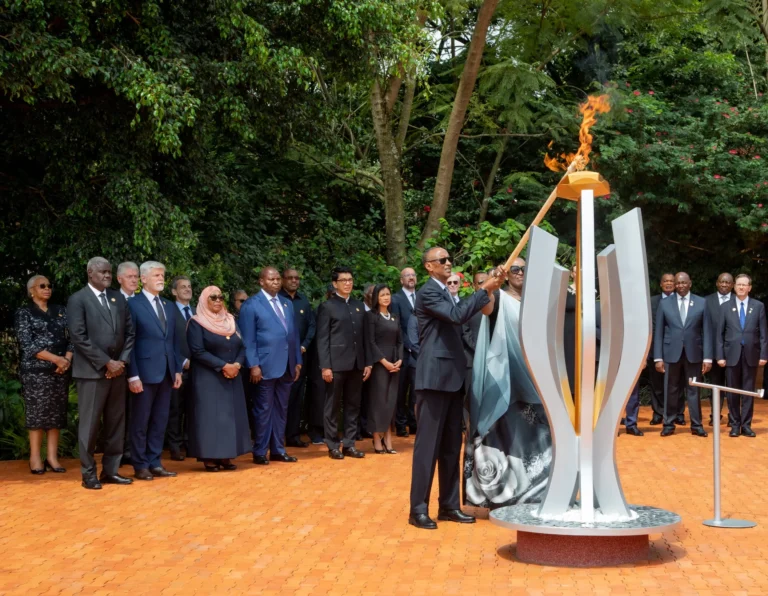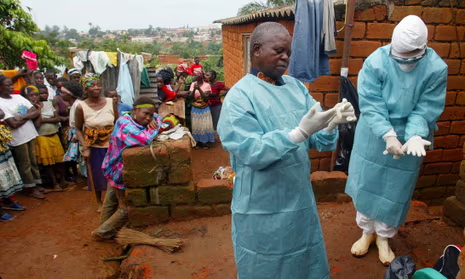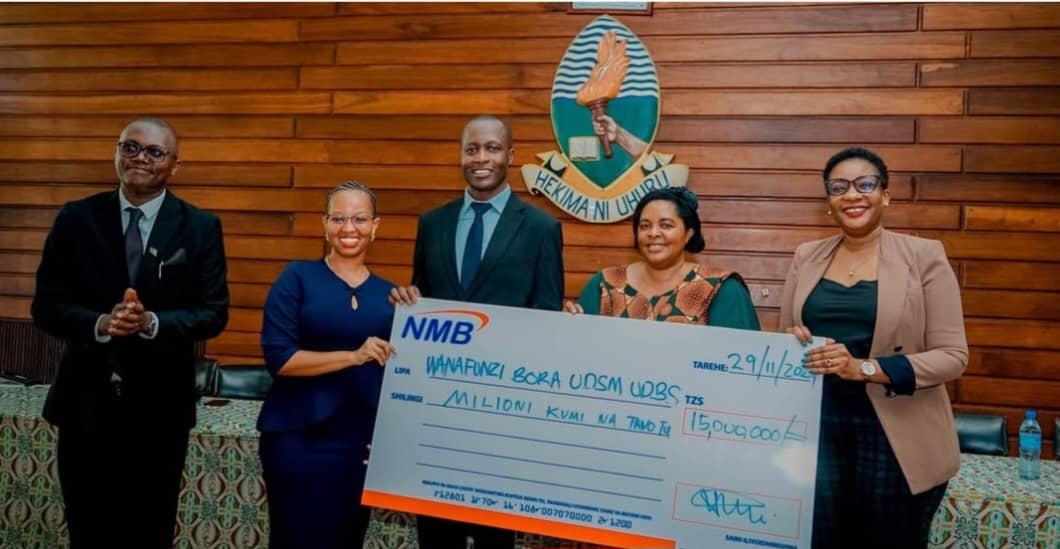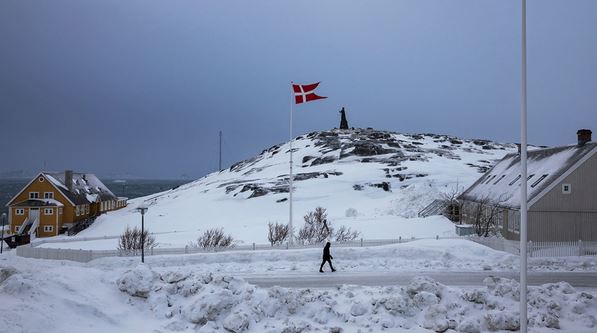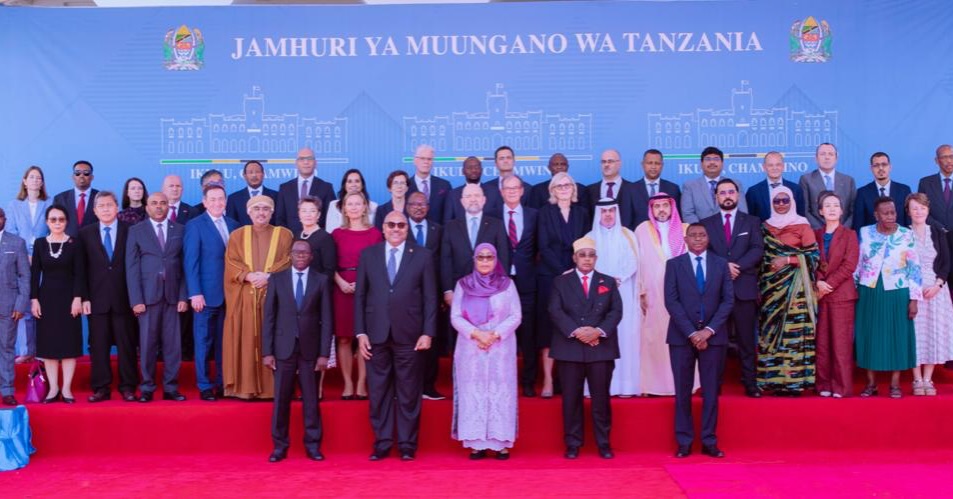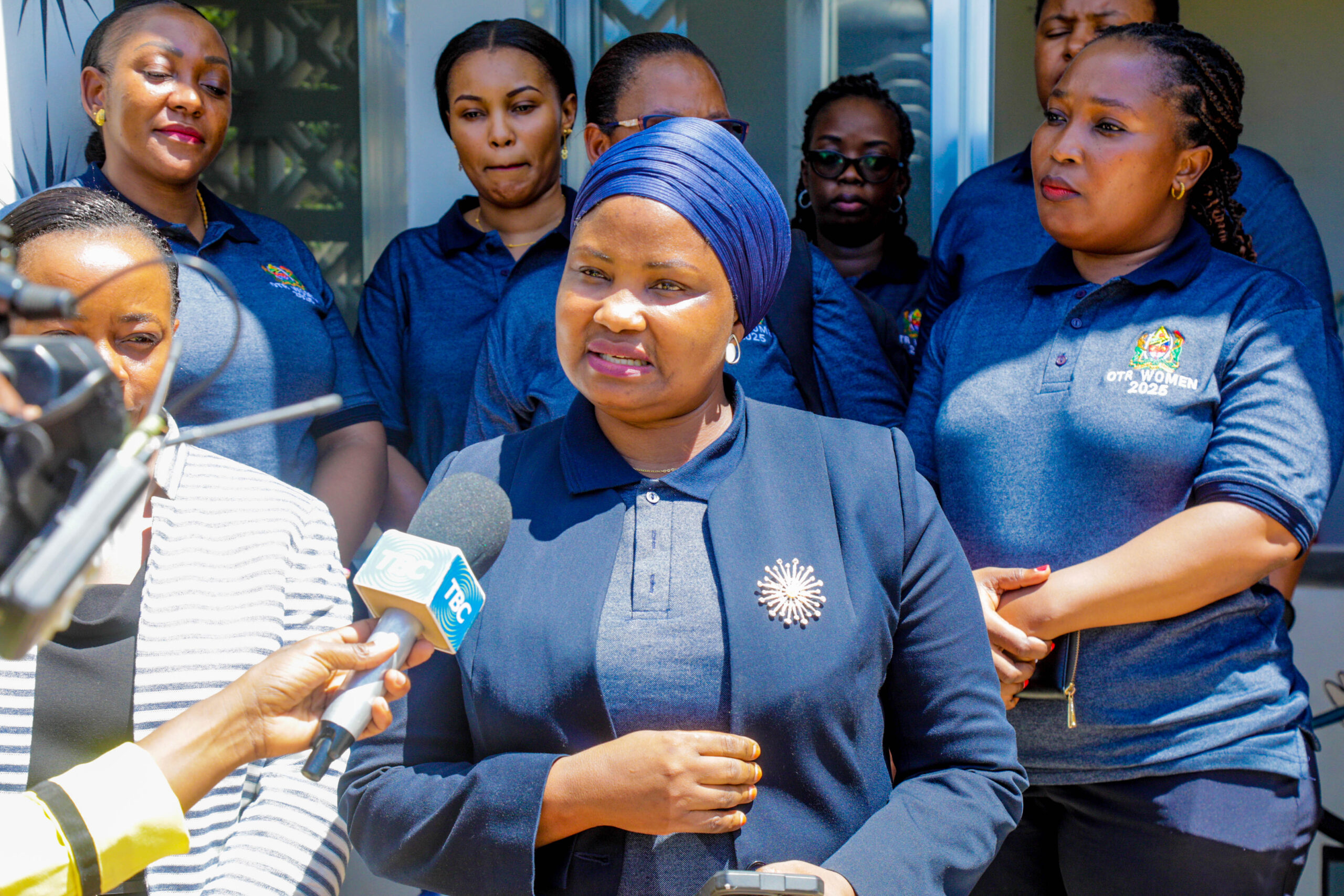Dar es Salaam. Tanzania, alongside the international community, will join Rwanda on April 7 in marking the 31st commemoration of the 1994 genocide against the Tutsi.
The event, known as Kwibuka31, will be observed under the theme Remember–Unite–Renew, reflecting the commitment to honour the victims, foster unity, and prevent future atrocities.
Rwandans in Tanzania, the international community and well-wishers will assemble at the Mlimani City Hall in Dar es Salaam for the commemorations.
The significance of Kwibuka
Kwibuka, a Kinyarwanda word meaning “to remember,” is an annual period of reflection that serves as a solemn reminder of the tragic events that unfolded in Rwanda three decades ago.
The genocide, which began on April 7, 1994, resulted in the massacre of an estimated one million people, mainly Tutsis and moderate Hutus, over 100 days.
The commemorations provide an opportunity to reflect on the consequences of ethnic hatred while promoting reconciliation and peace.
Tanzania’s continued solidarity
Tanzania has historically stood in solidarity with Rwanda in remembering the genocide.
This year, the Rwandan community in Arusha, along with representatives from the East African Community (EAC), will take part in the Kwibuka31 commemorations at the Arusha International Conference Centre (AICC).
The country has also played a key role in the pursuit of justice for genocide victims.
The International Criminal Tribunal for Rwanda (ICTR), established in Arusha in 1994, was instrumental in prosecuting key perpetrators of the genocide.
Tanzania continues to cooperate with Rwanda in efforts to track down and bring to justice suspects who remain at large.
Global and institutional recognition
The genocide’s legacy continues to shape international efforts toward remembrance and genocide prevention.
UNESCO has recognised four genocide memorial sites in Rwanda—Nyamata, Murambi, Bisesero, and Gisozi (home to the Kigali Genocide Memorial)—as World Heritage Sites.
These sites serve as permanent reminders of the atrocities committed and the resilience of survivors.
At the global level, the United Nations will host a commemorative event at its headquarters in New York on April 7, reinforcing the international community’s commitment to upholding the principles of Never Again.
Lessons for the future
As Rwanda continues its journey of reconciliation and national rebuilding, the lessons from Kwibuka31 extend beyond its borders.
The commemoration highlights the need for continued vigilance against hate speech, divisive ideologies, and genocide denial.
It serves as a call for global unity in safeguarding human rights, fostering peace, and ensuring that such a tragedy is never repeated.

